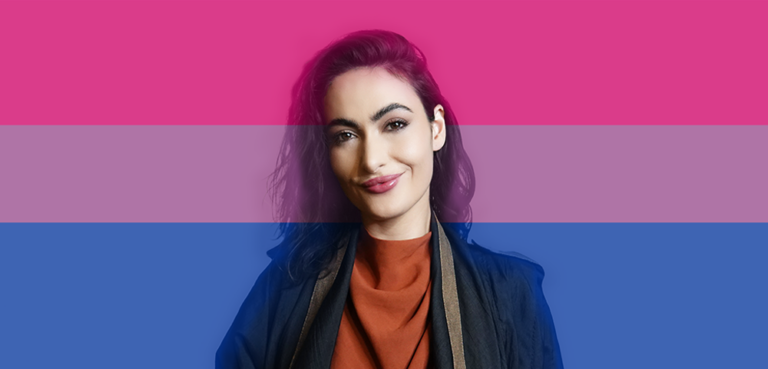
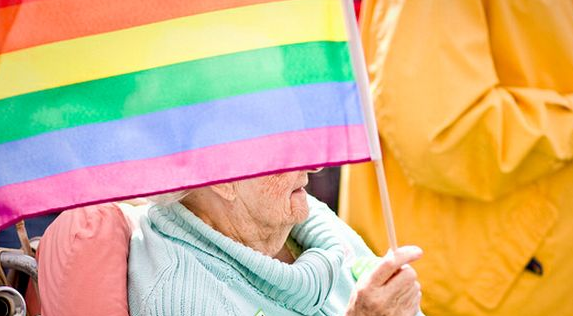
IT has been four years since I first started advocating for the rights of older LGBTI Australians. In that time we’ve achieved significant legal wins, but we still have a long way to go in tackling the social stigma our rainbow community (and the broader mainstream society) attaches to growing older.
The philosopher George Santayana once said: “Those who cannot remember the past are condemned to repeat it.” It’s a mantra I’ve tried to always remember. So whenever I start a new advocacy issue I always try to get in touch with those who have come before me and speak with them about their experiences. It’s proved to be a valuable experience, not only in learning how to avoid past pitfalls but also in learning the rich oral history often untold in our community.
Perhaps one of the most life-altering experiences in this regard was meeting and working with Dr Jo Harrison. Dr Harrison is a gerontologist based in Adelaide who completed her PhD on issues affecting older LGBTI people long before the recent years since it became “fashionable”. She is an original 78er (i.e. was at the first Mardi Gras in 1978) and has been a formidable and passionate advocate ever since, with the past two decades focusing on our elders.
Among the many lessons Dr Harrison taught me was the principle of “nothing about us without us”. A relatively new mantra adopted from the disability sector, designed to remind younger people like myself that we can’t talk about issues and solutions faced by older people without older people themselves sitting as an active participant at the table. Something, sadly, that is too often forgotten by our policy and political leaders.
As I think about the “nothing about us without us” mantra, I find myself reflecting on the achievements that older people in our community have achieved: the right to exist as a legal loving human being; the right to have consensual legal sex; to form a recognised family; to receive the same financial benefits in superannuation and taxation as any other couple.
These achievements were either achieved or already well under way thanks, in large part, to our advocating elders, long before I and many of my contemporaries came along.
In more recent times, as the “baby boomer” (aka social change) generation prepares for retirement, we’ve seen all aged care providers be required to deliver non-discriminatory services (even the religious ones), recognition that some older LGBTI people have specific and special needs as they age, and most importantly, a slowly increasing visibility of our elders.
However, off the back of these legal wins there is still much to do if we are to stamp out the social stigma of ageism. By 2050, with around 8.1 million Australians over 65years, even conservative estimates of 2.5 per cent of the population calculate that there will be over 200,000 Australian LGBTI elders.
That’s a lot of people for our community organisations, venues, sponsors and media to ignore. While it is fantastic that the Star Observer has put a focus on LGBTI older people in this edition — why should it only be once in a blue moon?
It’s time for our LGBTI communities (particularly the gay male community) to break out of the Peter Pan fantasy so strongly woven through the tapestry of our history.
I don’t argue against the principle that sex sells but I do argue that sexy is the sole domain of the under 30s (as is so often portrayed). It is time for handsome maturity to be included on the front page of our papers, and embedded within all editions of the paper — both online and in print.
I don’t have the answers as to how we’ll shift a youth-focused culture into a whole of life-focused culture either. But I do know if we don’t start somewhere, somehow, we’ll never achieve it.
Older LGBTI Australians aren’t simply grandparent-like figures to be revered. They’re colleagues, partners and collaborators in our community and they should be afforded every opportunity to actively participate and actively be represented in our spaces.
So my challenge today to every queer organisation, every health service, every festival, every media outlet, every social group is this: what are you doing for our elders? What spaces are you creating to make them feel genuinely welcome and not simply tokenistically “consulted”? What inter-generational activities will you create? What social isolation barriers will you help to break down?
It’s a simple thing to write a column and lay down a gauntlet, but I hope it will spark a conversation among our community and contribute in some way to a new social revolution of stamping out ageism like we’ve started to stamp out homo/bi/transphobia.
Corey Irlam is the co-convenor of the Victorian Gay and Lesbian Rights Lobby and ILGA Oceania and was the National LGBTI Health Alliance’s inaugural Ageing and Aged Care Convenor. Follow him on Twitter: @cbirlam
—
**This article was first published in the November edition of the Star Observer. Click here to find out where you can grab your free copy in Melbourne, Sydney, Brisbane, Adelaide, Canberra and select regional areas.
RELATED:
IN-DEPTH: Ageing with pride and dignity
NEWS: Groundbreaking LGBTI ageing conference a milestone for the community
OPINION: Let’s talk about poverty — by Teresa Savage
OPINION: Generation Val, 60 years on — by Dr Catherine Barrett
OPINION: LGBTI ageing and aged care still in its infancy — by Samantha Edmonds
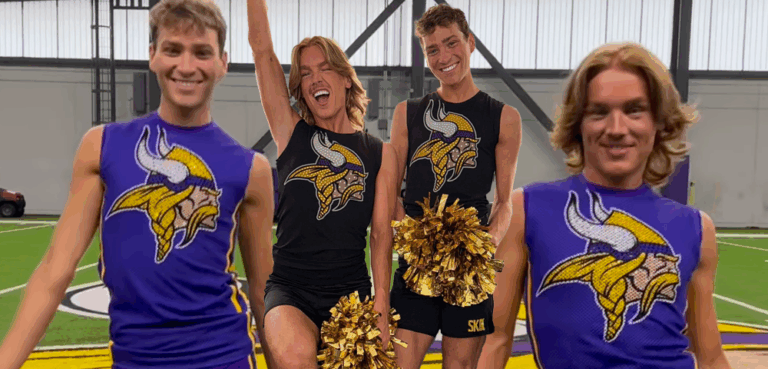


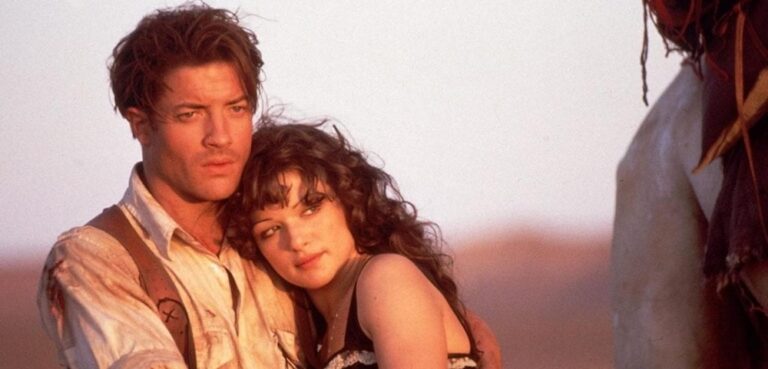
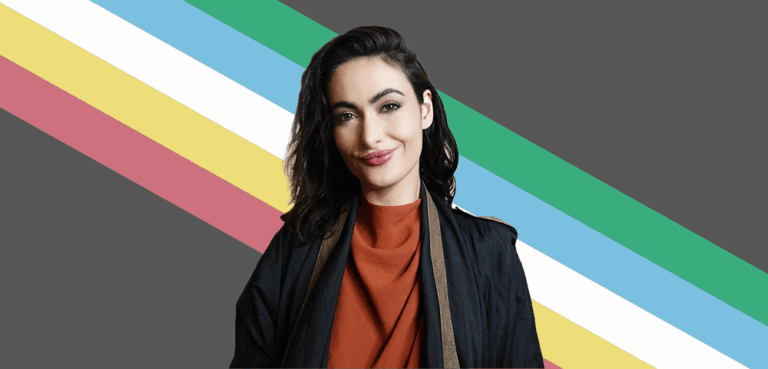
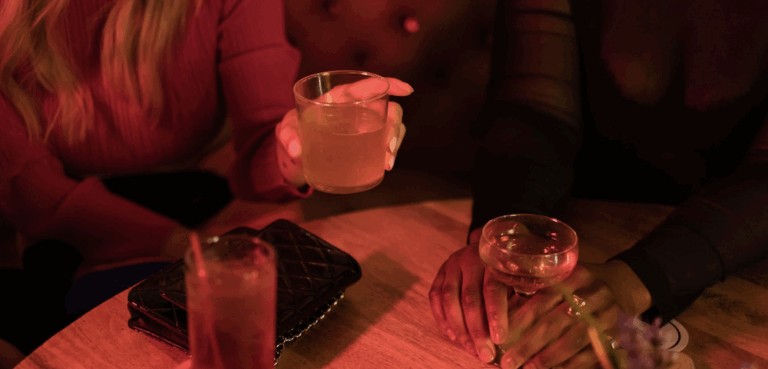
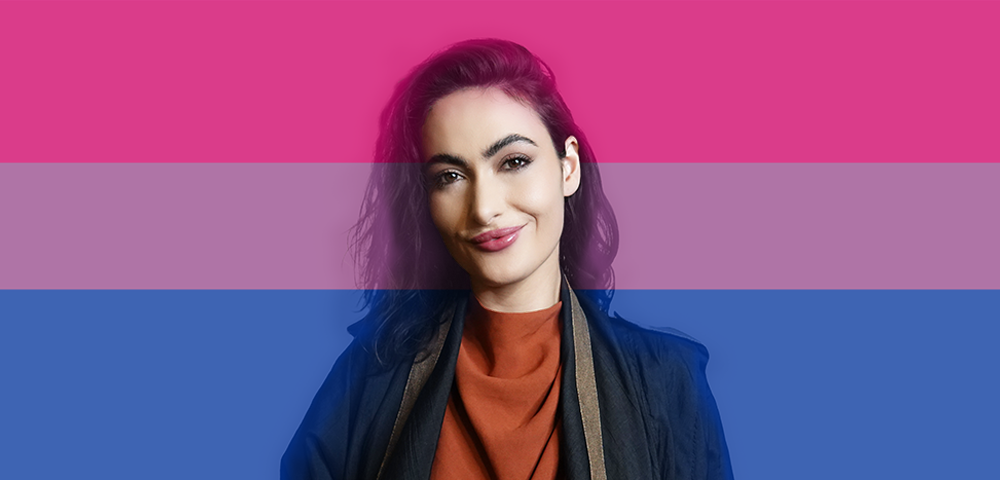
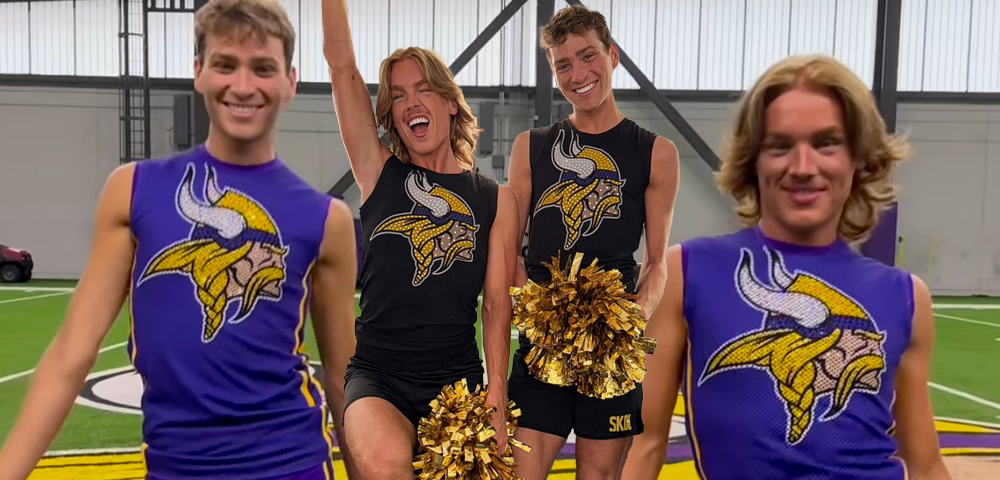
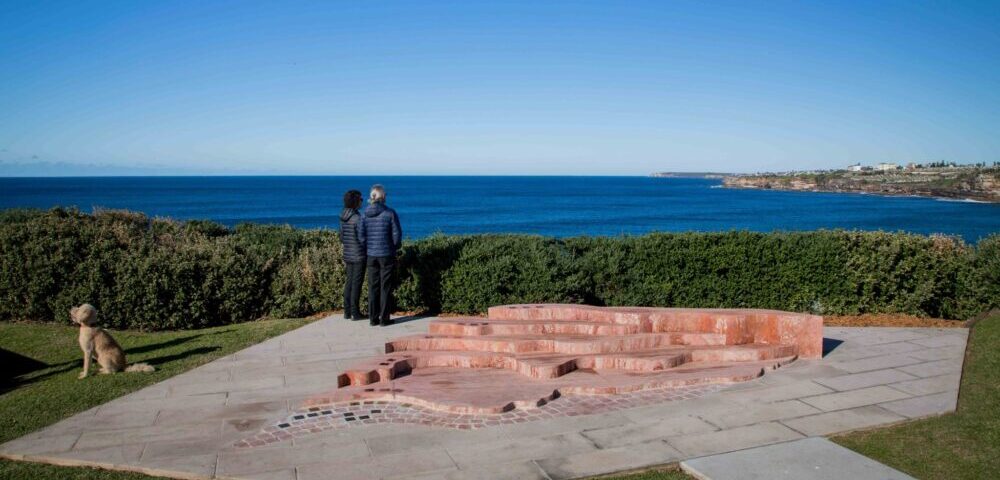
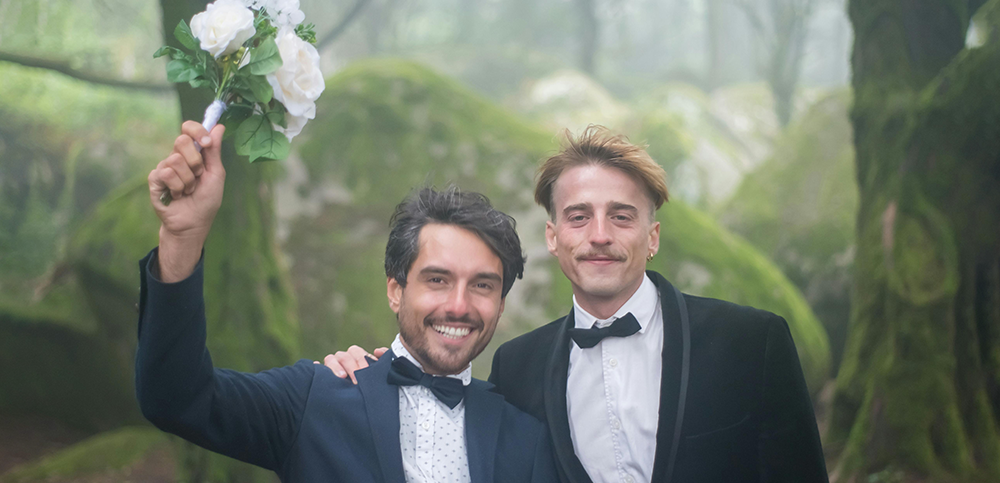
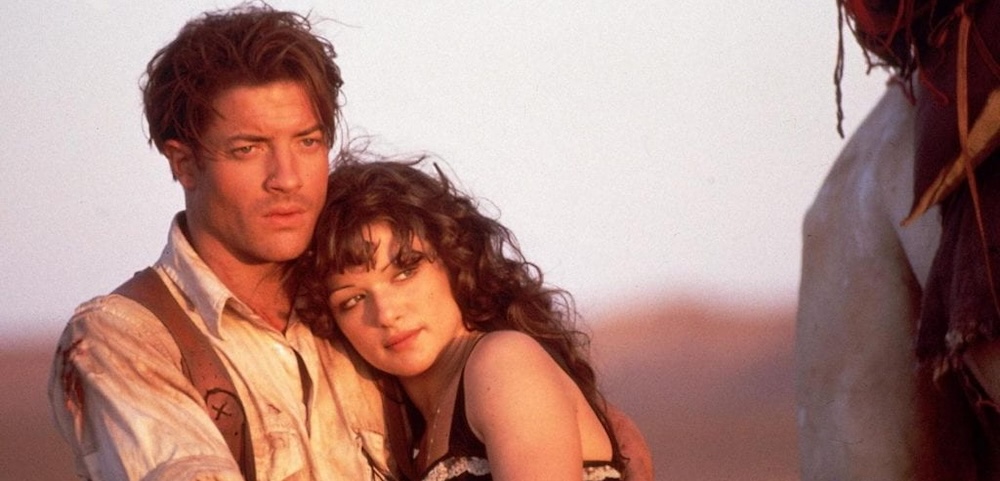
Thank you for sharing this Corey! You are so unbelievably right about “Those who cannot remember the past are condemned to repeat it.” We certainly do have a long way to go but every new thought that is sparked or action that is taken brings us one step closer to equality.
@SpeakUAgainst